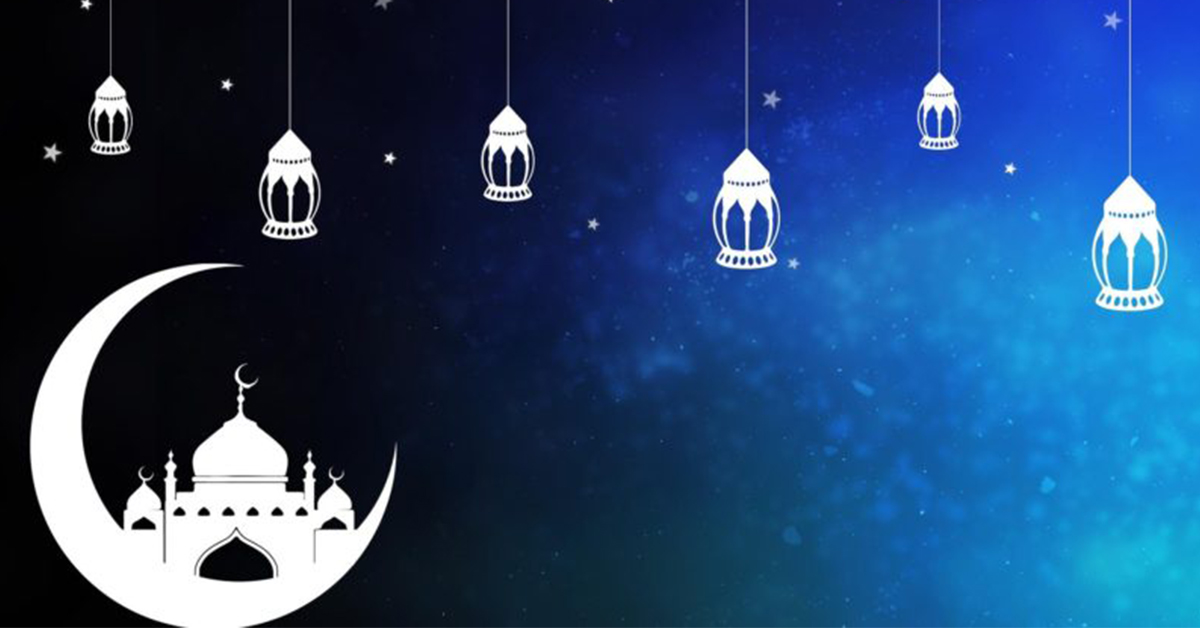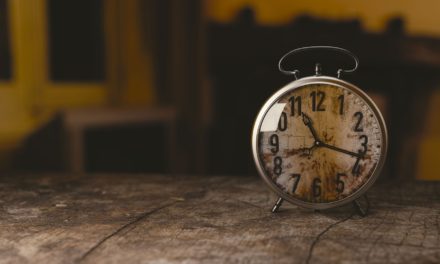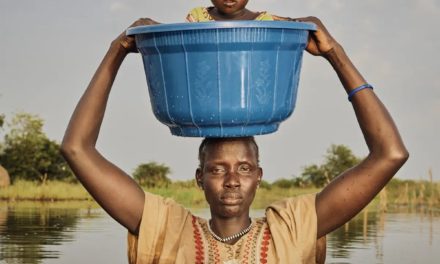
What You Didn’t Know About Eid Ul Fitr

By Kiden Zaida Ibrahim
Eid Ul Fitr is celebrated at the end of the holy month of Ramadan; it’s marked by sighting of the crescent moon, followed by the beginning of the Shawwal month. This ritual is performed by observing a sehri or suhoor before sunrise, and iftar post-sunset. The festival is known as the ‘festival of breaking the fast’.
Eid Ul Fitr is significant in the lives of Muslims because it is during this time that they abstain from eating, drinking, gossiping, or any kind of negativities. During the holy month of Ramadan Muslims read the Quran and do charity. It is believed that Allah [God} gave the first verses of the Quran on this day.
When I was a child, we ate from sunrise to sunset to this day. To us, that was enjoyment. We went to every homestead in our neighborhood to eat. Eid Day was the only period our parents bought us new clothes and slippers.
All children in my neighborhood had poor parents. They couldn’t afford better shoes and I can confirm that we all wore slippers. Others even had nothing to wear. Some children walked bare feet!
Ex US President Barack Obama’s once said ‘Ramadan is a celebration of faith known for great diversity and racial equality’. Let’s take this time to reflect on our challenges as South Sudanese and learn to tolerate and accommodate our brothers and sisters from different ethnicities and religions, so that peace can be a dream comes true for our country South Sudan.
During these trying times of the Coronavirus Pandemic, we will be required to pray Eid at home. This is also to keept social distancing rule and avoids crowds to curb COVID-19. This is the first time in history. I am urge Muslims in South Sudan to respect the directives by World Health Organisation and Health Ministry experts and be a responsible citizen by taking charge and live by example in the fight to contain the virus.
Please pray home, stay home, wash your hands and keep social distance. Call 6666 should you or someone experiences flu like symptoms, cough, tiredness and difficulty in breathing.
Due to the Coronavirus we have a valid excuse to pray the Eid Salah at home. Please! see the Summary points on how to conduct your prayer below:s
Description
The Two rakah salahprayer
1. The start time is few minutesafter sunrise and ends at Dhuhr start time.
2. It is prayed with no Athaan and no Iqaamah
3. The recitation within the prayer is recited loud
4. The Fatiha is read in the first rakah and Surah Al ‘Ala (if not memorized then whatever you are able to recite)
5. The Fatiha is read in the second rakah and Surah Al Ghaashiya (if not memorized then whatever you are able to recite)
6. Seven Takbeers are made in the first Rakah before the recitation of Al Fatiha including the Takbeerutul Ihraam.
7. Five Takbeers are made in the second Rakah before Al fatiha not including the takbeer of standing back up from Sujood.
8. The hands are raised with each Takbeer
9. Nothing is said between the Takbeers.
10 To be led by an appointed imam within the family (father or learned child) and if only women then one of them can lead, you can also pray individually.
No khutba is done after the salah due to it being prayed in the house. – As extracted from the Arabic text of the book FATHU’L-BAARIY.
Let this Eid be an occasion of sharing the love and care with friends and family.
Eid Mubarak to everyone!





















Recent Comments